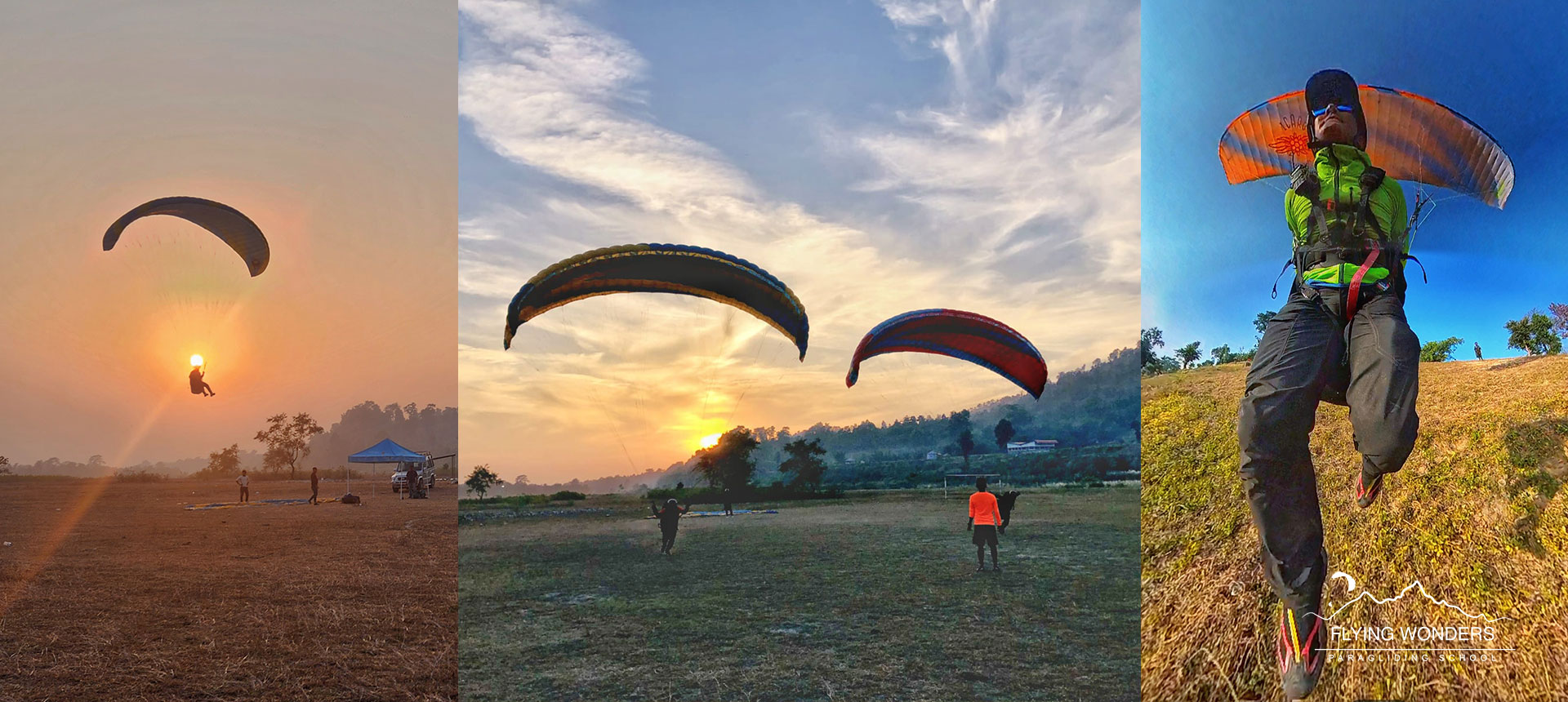

APPI Beginner Course Overview:
- Introduction to Paragliding:
- History and Development: A brief overview of how paragliding started and evolved.
- Equipment Familiarization: Introduction of the glider, harness and rescue with their functionality.
- Ground Handling:
- Canopy Control: Learning to inflate, control, and stabilize the canopy on the ground.
- Launch Techniques: Practicing forward and reverse launches to get the wing overhead and stable.
- Basic Meteorology:
- Weather Conditions: Sky is the playground for the paraglider but it can change very quickly into uncomfortable place. To fly we should have knowledge of metrology to be safe and know when we should be in the air or grounded.
- Reading the Sky: Recognizing the clouds is very important before we take off and in the flight to know how the day is going to be.
- Flight Theory:
- Aerodynamics: Basic principles of how a glider flies and turns and aerodynamics forces act on it. (lift, drag, and gravity)
- Flight Path and Control: Understanding how to control your direction, altitude, and speed during flight.
- Safety Procedures:
- Pre-flight Checks: Ensuring all equipment is secure and functional before takeoff.
- Emergency Protocols: What to do in case of canopy collapse, adverse weather, or equipment failure.
- First Solo Flights:
- Supervised Launches: Conducting your initial flights under the direct supervision of instructors both way from take-off and Landing via radio.
- Advanced Flight Skills:
- Ability to perform more complex maneuvers: Big ears, Pitch and Roll control Soaring in different wind conditions thermalling techniques (using thermals to gain altitude)
- Navigation: Proficiency in navigating flight paths and making safe decisions during flights. Safety Procedures: In-depth knowledge and application of safety measures, including emergency landings and handling unexpected situations.
- Post-Flight Analysis:
- Debriefing: Briefing every beginning of the day for the exercise, its use and risk at the flight. Focusing on specific areas like safe take-off, better control, smoother turns and precise landings.
- Skill Development: Taking feedback, understanding their feelings, clarifying and encouraging pilots to make improvement in their next flight.
Certification Levels in the APPI System
APPI 1 (Beginner): Covers ground handling and initial short solo flights.
APPI 2 (Novice): Focuses on developing consistent takeoff and landing skills, with more extended solo flights.
APPI 3 (Independent Pilot): Aimed at pilots who can fly without direct supervision in familiar sites and conditions.
Course Duration and Requirements
- Duration: A beginner course will lasts 10-15 days, APPI 3 Independent pilot license will be issued after 15days complete course.
- Prerequisites: No prior experience is required. Basic physical fitness and a willingness to learn are essential.
- Age Limit: Generally, participants should be at least 18 years old (or have parental consent if younger).
